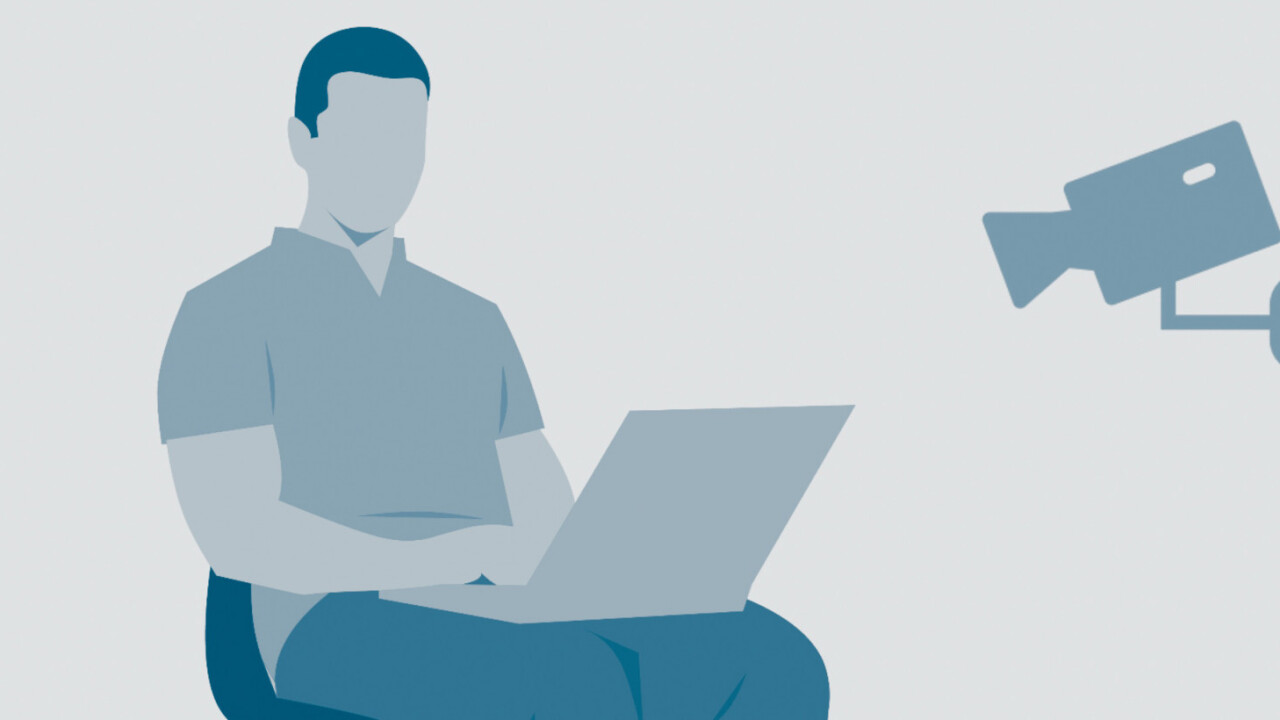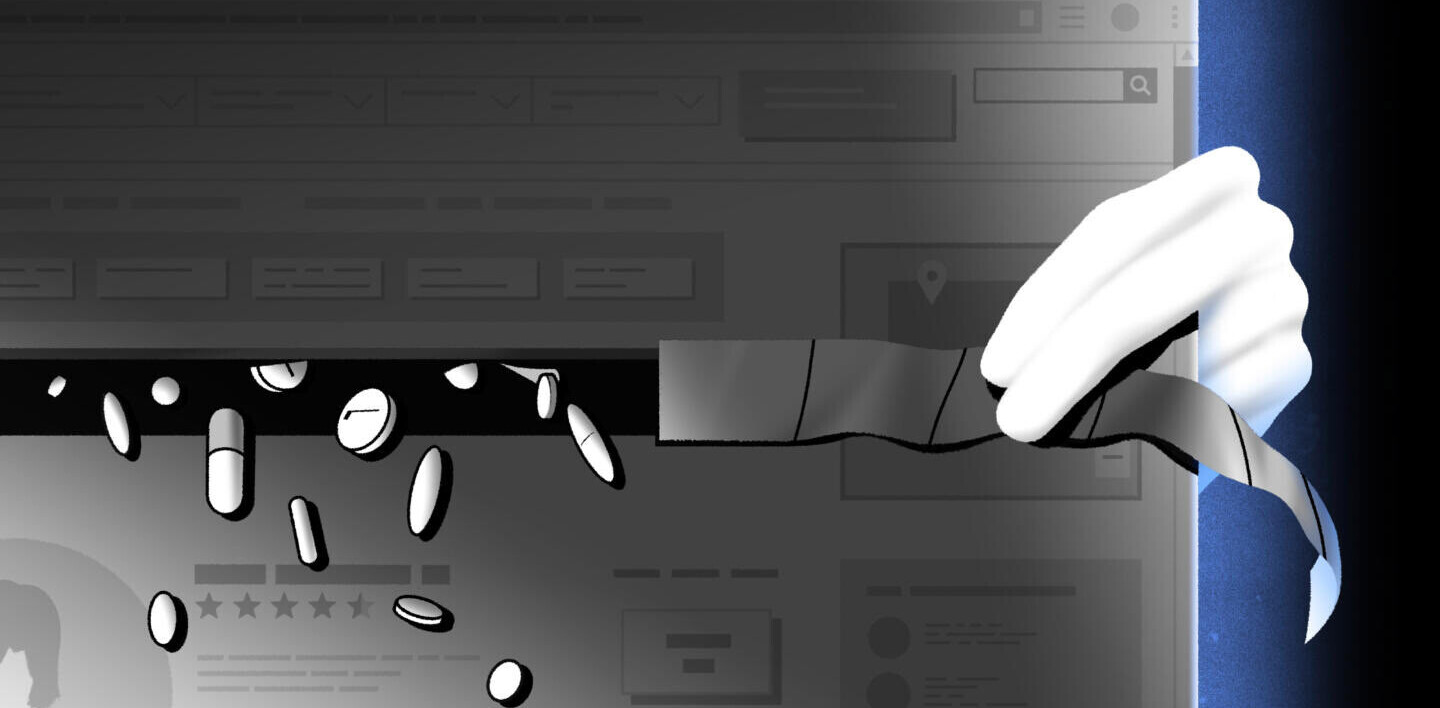
While CEO Mark Zuckerberg donned a suit and parroted rehearsed lines in front of (mostly) old white men in Congress today, his company worked behind the scenes to notify users whose accounts may have been compromised in the recent Cambridge Analytica scandal. Me, for example.

As is standard practice when it comes to disclosures such as this, the real warning lies in the message behind the message. And while it’s not exactly hidden, it’s not something most are going to go out of their way to click on.
It’s an empty message, devoid of context or any real reason to be concerned. Most are going to click to remove it from their timeline and go on about their day without. It is, after all, occupying prime real estate. Real estate once reserved for the dankest of memes, baby photos, and your crazy aunt ranting on about how chemtrails are indeed turning the frogs gay.
But behind the curtain, the curtain only accessed by giving careful thought to its ingenious cypher — literally a giant blue button that wants you to click it for more information — that we find something truly revolting (emphasis ours).
Based on our investigation, you don’t appear to have logged into “This Is Your Digital Life” with Facebook before we removed it from our platform in 2015.However, a friend of yours did log in.As a result, the following information was likely shared with “This Is Your Digital Life”:
- Your public profile, Page likes, birthday and current city
A small number of people who logged into “This Is Your Digital Life” also shared their own News Feed, timeline, posts and messages which may have included posts and messages from you. They may also have shared your hometown.
And that, friends, is worthy of your concern. Facebook may have — whether willfully or unknowingly — given a third-party data analytics firm access to our most private of communications.
While Zuckerberg parades himself in front of Congress, stealing the spotlight and powering through his fourth hour answering softball questions — like why the Newsfeed isn’t ordered chronologically anymore — Facebook is in full-blown disaster response mode while it figures out what to do with the information that apps are now reading our private messages.
The same messages, it’s worth noting, that Zuckerberg can delete on his own account — even though we can’t, yet.
Get the TNW newsletter
Get the most important tech news in your inbox each week.




